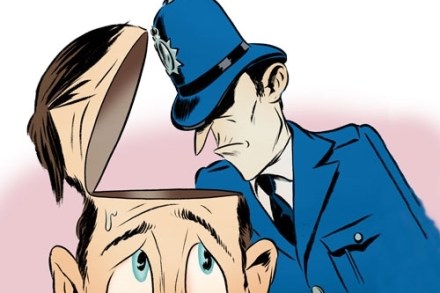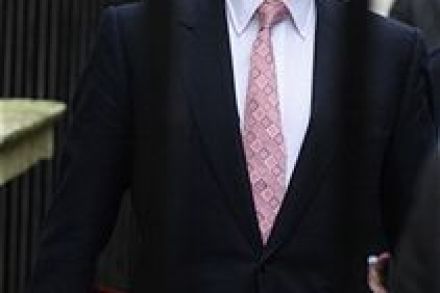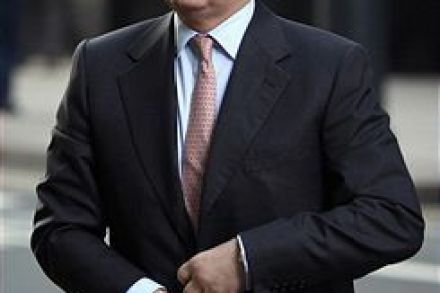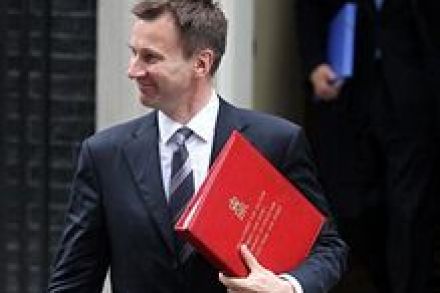Nick Clegg was claiming that the NHS reforms were the Lib Dems’ idea just three months ago
Ahead of this morning’s Cameron, Clegg, Lansley event on the NHS, it is worth reminding ourselves of what Nick Clegg was saying about these reforms back at the start of the year. On January 23rd, he went on the Andrew Marr show and had this exchange: ‘ANDREW MARR: Huge change to the NHS just coming down the line. Was that in the Liberal Democrat manifesto? NICK CLEGG: Actually funnily enough it was. Indeed it was. We were one of the primary critics in opposition of what we felt was a top … ANDREW MARR: (over) I don’t remember you saying you were going to get rid of Primary Care Trusts


















